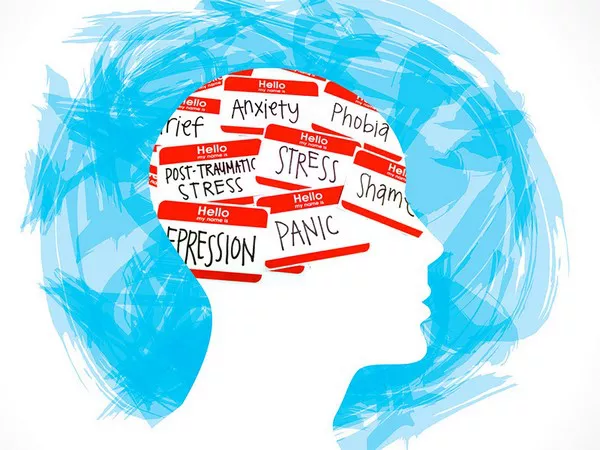In the realm of mental health and therapy, there are various professionals with distinct specialties and qualifications. One of these professionals is a Licensed Mental Health Counselor (LMHC). LMHCs play a vital role in providing mental health support and counseling to individuals, couples, and families. In this article, we will delve into the world of LMHC therapists, exploring who they are, the services they offer, their qualifications, and how they can be a valuable resource for those seeking mental health assistance.
Who Is an LMHC Therapist?
A Licensed Mental Health Counselor (LMHC) is a mental health professional who is trained and licensed to diagnose and treat various mental and emotional issues. LMHCs are also commonly referred to as mental health counselors or therapists. They work with clients of all ages, from children to the elderly, and are skilled in addressing a wide range of mental health concerns.
Qualifications of an LMHC
Becoming an LMHC requires a rigorous educational and professional journey:
Bachelor’s Degree: LMHCs typically start their educational journey with a bachelor’s degree in a related field, such as psychology, counseling, or social work.
Master’s Degree: After completing their undergraduate studies, individuals aspiring to become LMHCs pursue a master’s degree in mental health counseling or a related field. This graduate-level education provides in-depth training in counseling techniques, human behavior, and mental health assessment.
Clinical Experience: LMHC candidates are required to accumulate a significant number of supervised clinical hours, where they gain hands-on experience working with clients under the guidance of licensed professionals.
Licensing Exam: To obtain licensure as an LMHC, candidates must pass a state-specific licensing examination. This exam assesses their knowledge of counseling principles, ethics, and legal regulations.
Continuing Education: Even after becoming licensed, LMHCs are typically required to engage in continuing education to stay updated on the latest developments in the field and maintain their licensure.
What Services Do LMHC Therapists Offer?
LMHC therapists provide a wide range of mental health services to address the unique needs of their clients. These services include:
Individual Counseling: LMHCs work one-on-one with clients to address specific mental health concerns, such as anxiety, depression, trauma, or grief. They employ various therapeutic techniques to help individuals develop coping strategies and achieve emotional well-being.
Couples and Family Therapy: LMHCs are trained to work with couples facing relationship challenges and families dealing with conflicts or communication issues. They help clients navigate complex dynamics and strengthen their relationships.
Child and Adolescent Counseling: LMHCs specialize in working with children and adolescents, addressing issues such as behavioral problems, academic challenges, and emotional struggles. They create a safe space for young clients to express themselves and develop essential life skills.
Group Therapy: Some LMHCs facilitate group therapy sessions, bringing together individuals who share common concerns. Group therapy can be particularly effective for addressing issues like substance abuse, anger management, or social anxiety.
Mental Health Assessment: LMHCs are skilled in conducting comprehensive mental health assessments to diagnose conditions and develop tailored treatment plans.
Crisis Intervention: In times of crisis, such as a mental health emergency or suicidal ideation, LMHCs can provide immediate support and intervention to ensure the safety of their clients.
The Role of LMHC Therapists in Mental Health Care
LMHC therapists play a crucial role in the mental health care landscape:
Accessibility: LMHCs are often more accessible than psychiatrists or psychologists, making mental health services available to a broader population.
Holistic Approach: They focus on addressing not only the symptoms but also the underlying causes of mental health issues, promoting holistic well-being.
Preventative Care: LMHCs can assist individuals in developing coping skills and resilience to prevent the onset or exacerbation of mental health conditions.
Collaboration: LMHCs often collaborate with other healthcare providers, such as primary care physicians, to ensure comprehensive care for clients with both physical and mental health needs.
Conclusion
Licensed Mental Health Counselors (LMHCs) are skilled professionals who provide essential mental health support and counseling services. Through their extensive education, training, and experience, LMHC therapists offer a wide range of services to individuals, couples, families, and groups. They play a crucial role in promoting mental and emotional well-being, making mental health care more accessible, and addressing a diversearray of mental health concerns. If you or someone you know is facing mental health challenges, an LMHC therapist may be a valuable resource to consider on the path to healing and personal growth.


